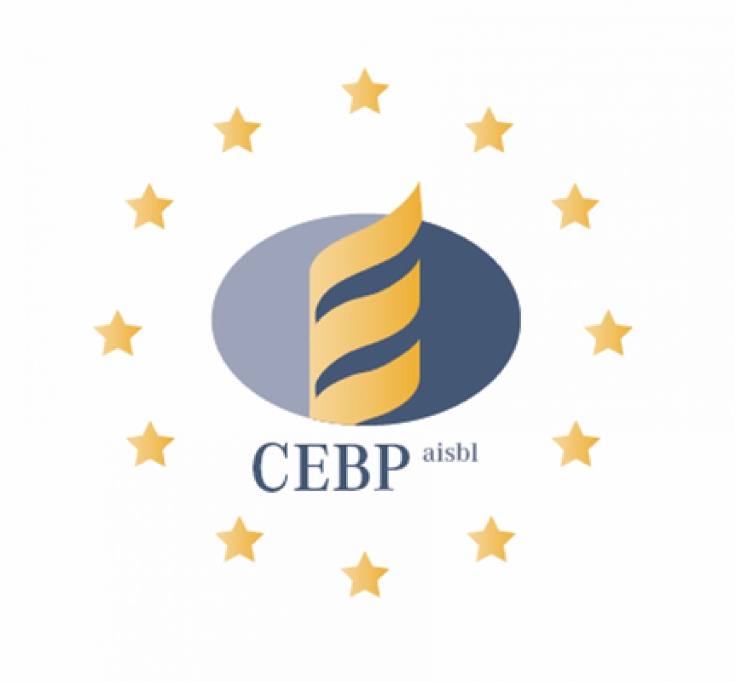Front-of-pack nutrition labelling and nutrient profiles
CEBP opposes the introduction of mandatory FOP labelling and nutrient profiles for the following reasons:
• In crafts food production, FOP labelling is technically not feasible. The companies we represent do not have automated manufacturing processes, so they would have to test regularly and re-label. This would create a significant financial burden.
• There are practical problems when it comes to pre-packaged foods put together as per customer request (e.g. pralinés/chocolates in a mixed bag).
• Regarding nutrient profiles, many of our members are concerned about competitiveness, as industry has the better means to adjust recipes by using certain chemical substitutes to improve the nutrient profile and mislead consumers to believe that the product is healthier.
Therefore, CEBP is in principle against the introduction of EU-wide mandatory FOP labelling and nutrient profiles (especially NutriScore). If such system must be introduced, we advocate for maintaining a comprehensive exemption of (hand)crafted food production (as per Annex V of (Reg. 1169/2011).
Acrylamide – benchmark and maximum levels
Changes to acrylamide regulations (Reg. 2017/2158) are expected to be subject to modification in the near future, with tougher directives on benchmark levels and new maximum levels.
In addressing food safety concerns regarding existing and emerging contaminants, such as acrylamide, CEBP advocates for avoiding the establishment of maximum levels unless there is clear evidence indicating that benchmark levels are insufficient to ensure consumer safety, thereby emphasizing the importance of evidence-based decision-making in food safety regulations. Acrylamide controls should be based upon a mitigation (Code of Practice) approach.
When it comes to benchmark levels, the Regulation on the application of mitigation and control measures to reduce the presence of acrylamide in food, the food categories of “Soft bread” and “Fine bakery wares” should be more clearly defined: the issue of diversity of the products and the effect on acrylamide production of different ingredients so far has not been addressed sufficiently.
Waste Framework Directive (WFD)
No food is wasted in the crafts food production. The term “food waste”, as used in the draft EU Waste Framework Directive, is not appropriate in the context of artisanal food production.
With regards to the appropriate reduction of food loss, it is necessary to review and clarify the definition of “bio-waste” according to Directive 2008/98/EC, Art. 3 para. 4 in the revised version of the EU Waste Framework Directive to the effect that the measurement of food loss should not include non-edible components that are unavoidable (e.g. straw, contaminated cereal grains with ergot, coffee grounds, fruit peelings etc.).
With regards to reporting on the progress made, there is concern that craft businesses could be burdened with disproportionate documentation requirements. It is true that the setting of targets for the reduction of food waste only applies to the Member States and is explicitly not aimed at individual businesses. However, against the background of national reporting obligations, these can also have an impact on companies. This must be avoided in view of the bureaucratic burden that already exists.
Regulation on deforestation-free products (EUDR)
CEBP supports biodiversity and the protection of forests as an important part of climate protection. However, we have serious doubts that these objectives can be achieved through the EU Deforestation Regulation (EUDR), which is due to come into force in the member states on 30 December 2024.
It is currently unclear to what extent bakeries and confectioners will be affected by due diligence and documentation obligations: the classification of producing countries according to their deforestation risk, which is decisive for the scope of the obligations, is not yet available. As a result, all countries will be classified equally and as a result, companies in the EU would be affected by excessive obligations. Even if the classification were submitted before the EUDR came into force, there would no longer be enough time to deal with the effort required in a timely manner.
This is all the more true as there are also delays in providing the platform necessary for the exchange of information between authorities and those subject to the obligation. However, a smooth EU information system with processes that are as streamlined as possible is essential in order to minimize the bureaucratic burden.
Therefore, at the very least, the deadline for implementation must be postponed by one year.
Packaging and Packaging Waste Regulation (PPWR)
On 24 April 2024, the Regulation on packaging and packaging waste was adopted by the European Parliament.
Especially the quotas for reuse in the take-away sector and for transport packaging lead to an increase of resource-intensive documentation and verification obligations for small businesses.
In addition, CEBP believes that the current text still features terminological ambiguities regarding obligations of “producers”, which can lead to legal uncertainty: this needs to be fixed during “legal scrubbing” and before the text will be formally adopted by Council and European Parliament in the framework of the corrigendum procedure.
